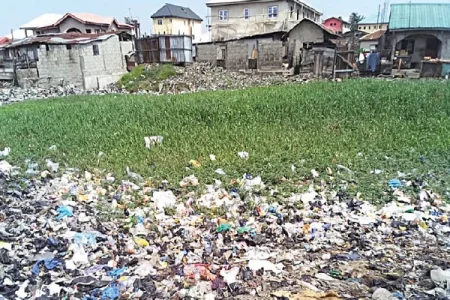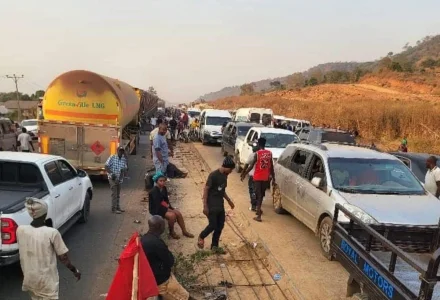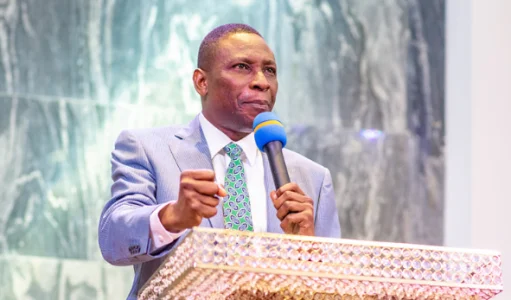
A severe gastroenteritis outbreak in Lagos has led to five deaths and 60 hospitalizations across several local government areas. Lagos Health Commissioner, Prof. Akin Abayomi, suspects cholera and urges residents to ensure safe water, maintain hygiene, and report symptoms promptly to prevent further spread and fatalities.
Lagos State is currently grappling with a severe gastroenteritis outbreak that has tragically claimed five lives and left 60 individuals hospitalized across various local government areas, including Eti Osa, Lagos Island, Ikorodu, and Kosofe. The State Commissioner for Health, Prof. Akin Abayomi, highlighted the severity of the situation, urging heightened vigilance and preventive measures to avert a potential cholera outbreak.
The fatalities occurred primarily due to extreme dehydration among patients who sought medical care too late. In response, the state has ramped up its surveillance and response efforts. The Ministry of Health’s Directorate of Environmental Health and the Lagos State Environmental Protection Agency (LASEPA) are investigating potential water contamination sources in the Lekki and Victoria Island areas. Although a cholera outbreak is suspected, confirmation is pending laboratory results.
Prof. Abayomi noted a significant rise in cases of severe vomiting and diarrhea following recent heavy rains, particularly in densely populated areas with inadequate sanitation. Cholera, known for causing acute watery diarrhea, can be fatal if not promptly treated. The disease spreads through contaminated food and water, with symptoms like rapid dehydration, muscle cramps, fever, and, in severe cases, collapse. Treatment typically involves rehydration with Oral Rehydration Salts (ORS) or intravenous fluids for those severely dehydrated.
To prevent the spread, residents are advised to ensure their drinking water is safe by boiling, chlorinating, or using bottled water, and to avoid untreated ice. Good hygiene practices, including regular handwashing, are crucial. Suspected cases should be promptly reported to the Lagos State Ministry of Health or the Nigeria Centre for Disease Control (NCDC) via emergency hotlines 08023169485, 08137412348, or helplines 767 or 112. Prof. Abayomi assured the public of the government’s commitment to safeguarding their health and well-being.




